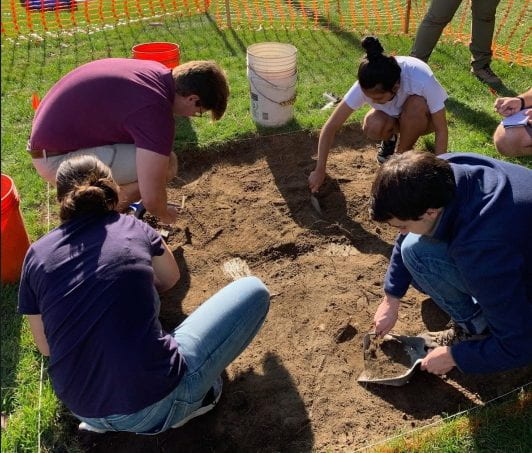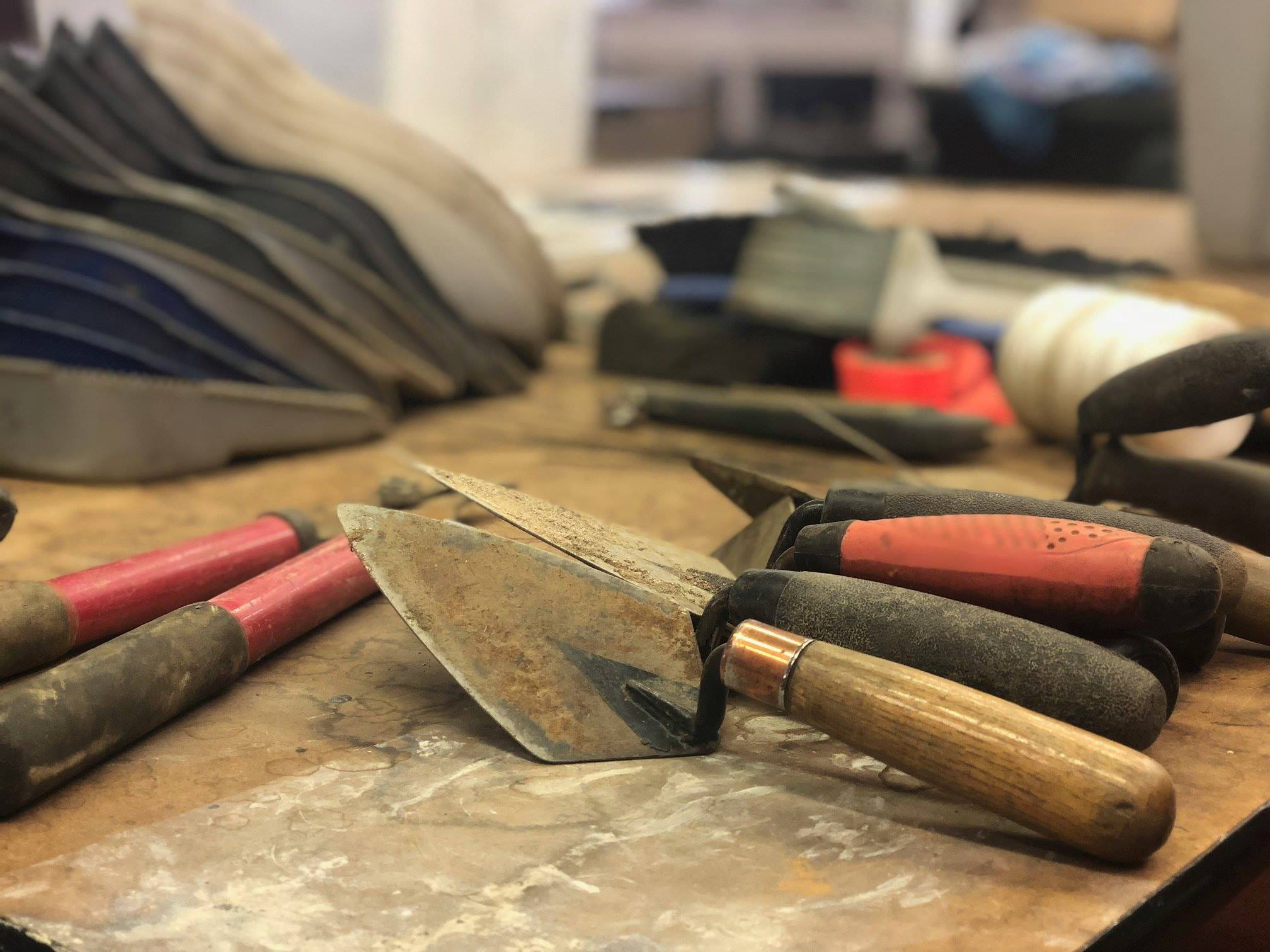 What material traces of the past might still be present, right under our feet, as we go about our daily lives? The Archaeology of College Hill explores this question, through excavations conducted by Brown University students at sites on and around Brown’s campus in Providence, Rhode Island. The project has been ongoing since 2005, and is conducted in conjunction with an undergraduate course offered by Brown University every year, ARCH 1900 The Archaeology of College Hill.
What material traces of the past might still be present, right under our feet, as we go about our daily lives? The Archaeology of College Hill explores this question, through excavations conducted by Brown University students at sites on and around Brown’s campus in Providence, Rhode Island. The project has been ongoing since 2005, and is conducted in conjunction with an undergraduate course offered by Brown University every year, ARCH 1900 The Archaeology of College Hill.
The Archaeology of College Hill team is excavating on the grounds immediately west of Brown University’s List Art Building, starting in September 2023. Historical records show that a 19th century home stood on that site, and GPR confirms the possibility that the remains of a foundation might be found.
From 2015 through 2022, the Joukowsky Institute for Archaeology and the Ancient World collaborated with the Moses Brown School, to conduct an excavation on Moses Brown’s school grounds (immediately adjacent to Brown University’s campus). The excavation gathered a wide range of information about the construction and demolition of the Sack House, along with smaller details about the material culture of the house’s residents.
Prior to the current work at Moses Brown, the class excavated on Brown’s main campus at the site of Brown’s first president’s house in an effort to better understand the material history of student life. Earlier fieldwork was conducted at the First Baptist Church in America and the John Brown House, home of the Rhode Island Historical Society.
Excavation Updates
Sharing progress reports on the College Hill excavations is one of the project’s fundamental principles. The latest updates can be found on the Archaeology of College Hill’s Instagram account. Also, beginning in 2017, students in ARCH 1900 have posted updates on the excavation’s latest finds, historic research, and anything else they came across to the class’s Facebook page. In 2015 and 2016, students posted Site Diary entries on this blog. Site reports from excavations prior to 2015 can be found on past ARCH 1900 websites.
